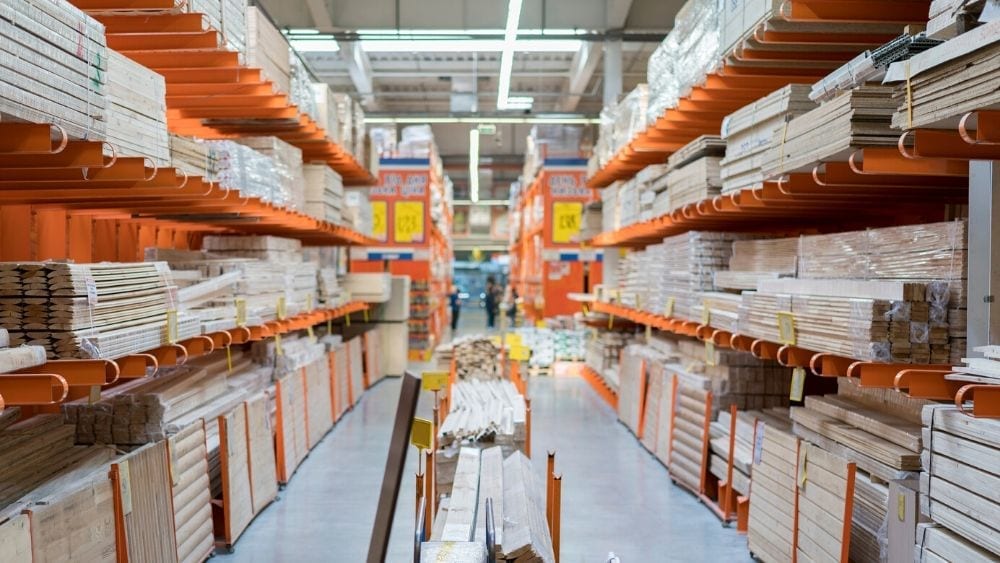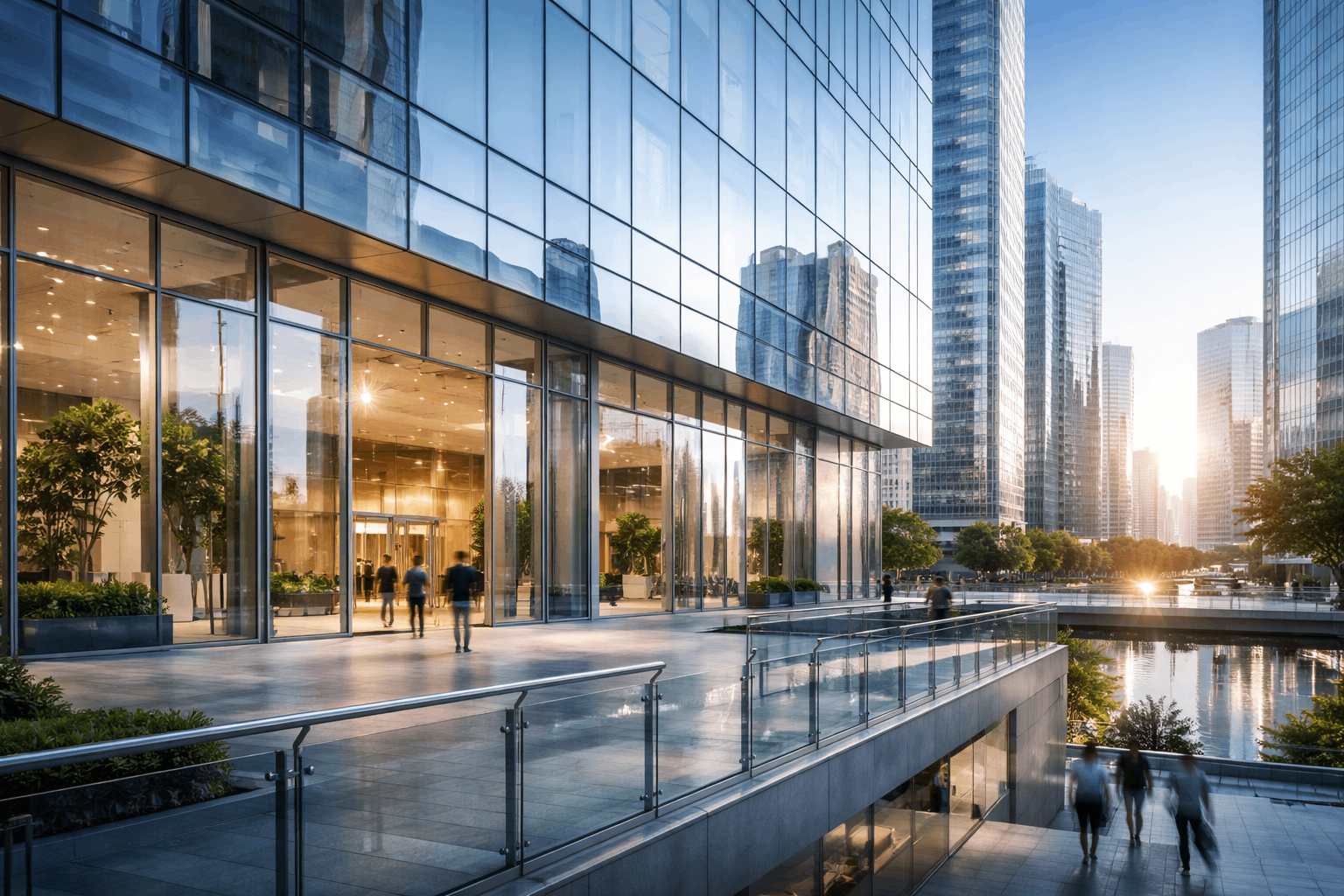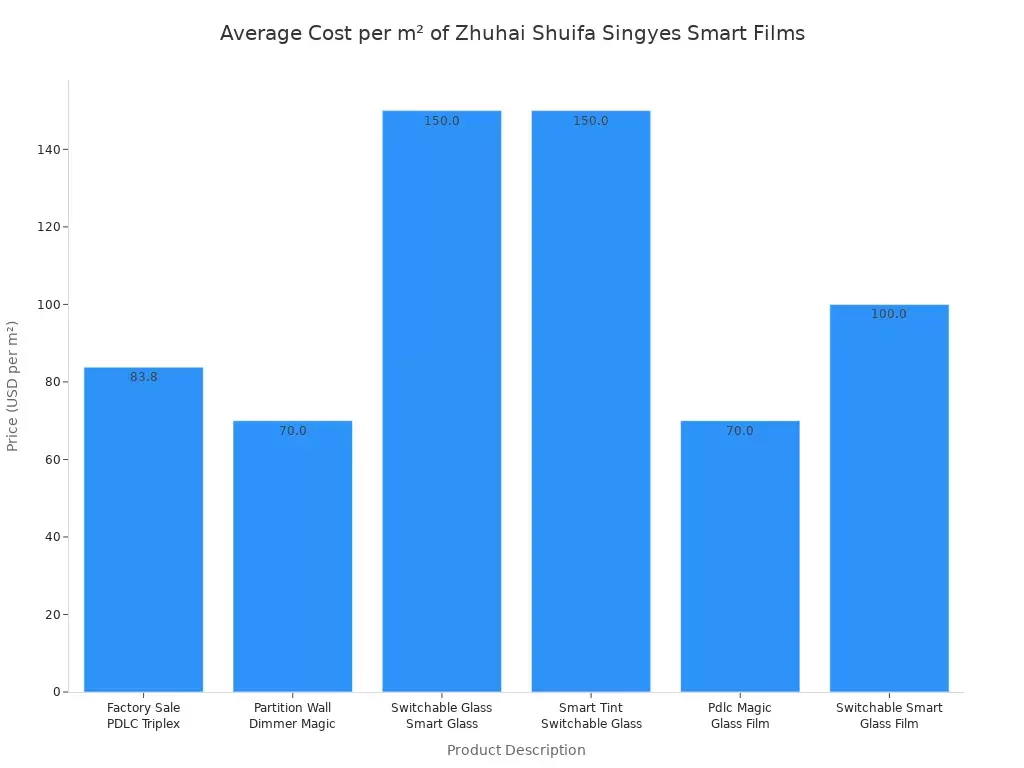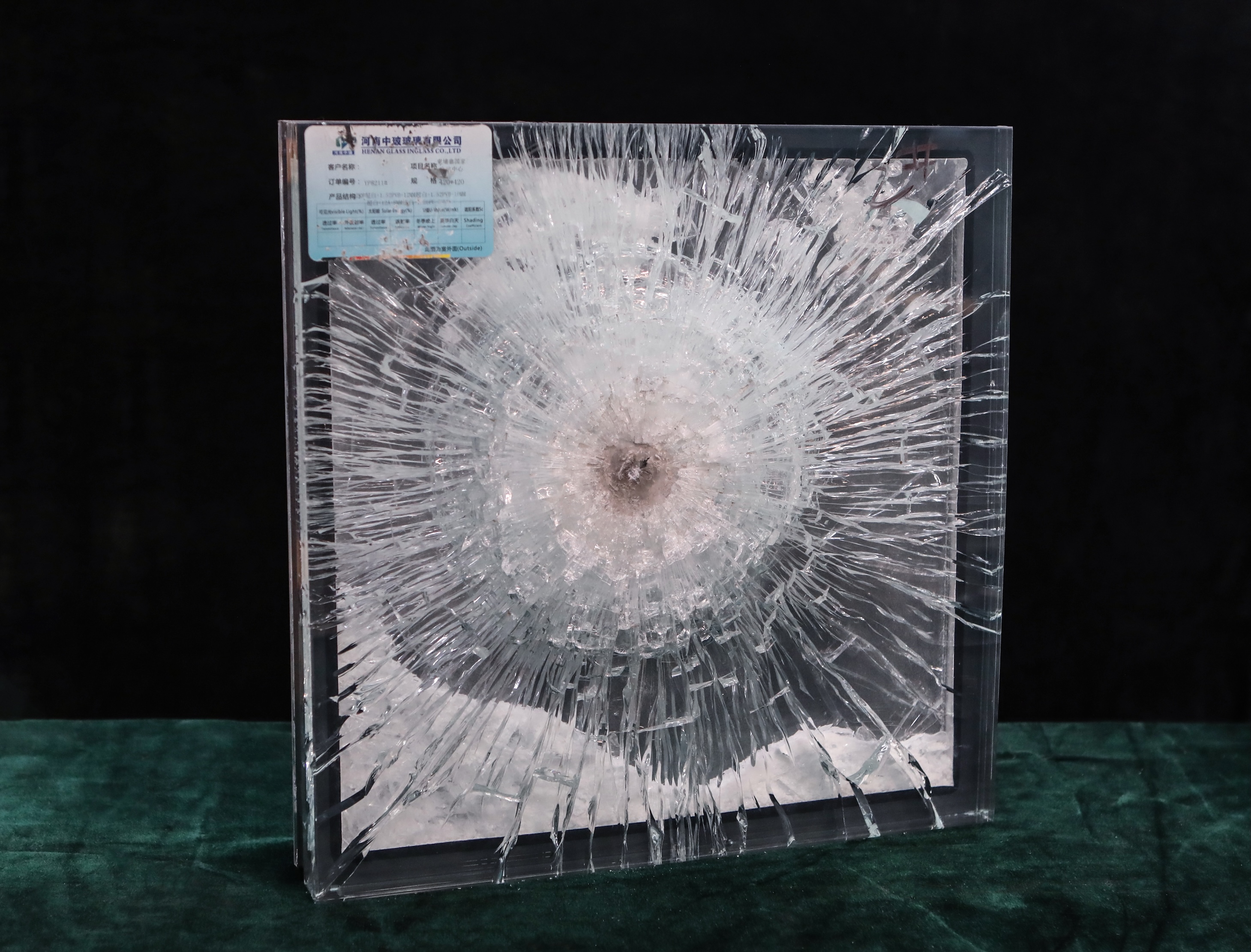Concrete 101: Choosing the Right Type for Your Construction Project

Concrete is one of the most widely used building materials in the world. It is versatile, durable, and cost-effective. However, not all concrete is created equal. There are different types of concrete that are designed for specific applications. In this article, we will explore the best type of concrete for various construction projects.
- Standard Concrete
Standard concrete is the most common type of concrete used in construction. It is made of cement, water, and aggregates such as sand, gravel, or crushed stone. Standard concrete is suitable for most applications, including foundations, walls, and floors. It is also used for sidewalks, driveways, and other outdoor projects.
- High-Strength Concrete
High-strength concrete is a type of concrete that has a compressive strength of 6,000 psi or higher. It is used in applications where the concrete needs to withstand heavy loads or high stress. High-strength concrete is commonly used in bridges, parking garages, and high-rise buildings.
- Self-Consolidating Concrete
Self-consolidating concrete is a type of concrete that is highly flowable and does not require vibration to fill the formwork. It is used in applications where the concrete needs to flow into tight spaces or around complex shapes. Self-consolidating concrete is commonly used in precast concrete products, such as pipes, manholes, and architectural elements.
- Fiber-Reinforced Concrete
Fiber-reinforced concrete is a type of concrete that contains fibers, such as steel, glass, or synthetic fibers. The fibers are added to the concrete mix to improve its strength, durability, and resistance to cracking. Fiber-reinforced concrete is commonly used in industrial floors, parking lots, and airport runways.
- Lightweight Concrete
Lightweight concrete is a type of concrete that has a lower density than standard concrete. It is made of lightweight aggregates, such as expanded shale, clay, or slate. Lightweight concrete is used in applications where weight is a concern, such as in high-rise buildings, bridges, and precast concrete products.
In conclusion, the best type of concrete depends on the specific application. Standard concrete is suitable for most projects, while high-strength concrete is used in applications where the concrete needs to withstand heavy loads or high stress. Self-consolidating concrete is used in applications where the concrete needs to flow into tight spaces or around complex shapes. Fiber-reinforced concrete is used in applications where strength, durability, and resistance to cracking are important. Lightweight concrete is used in applications where weight is a concern.



